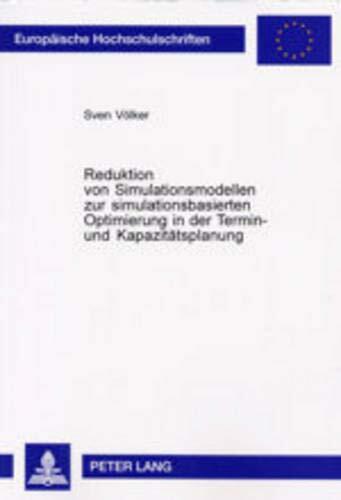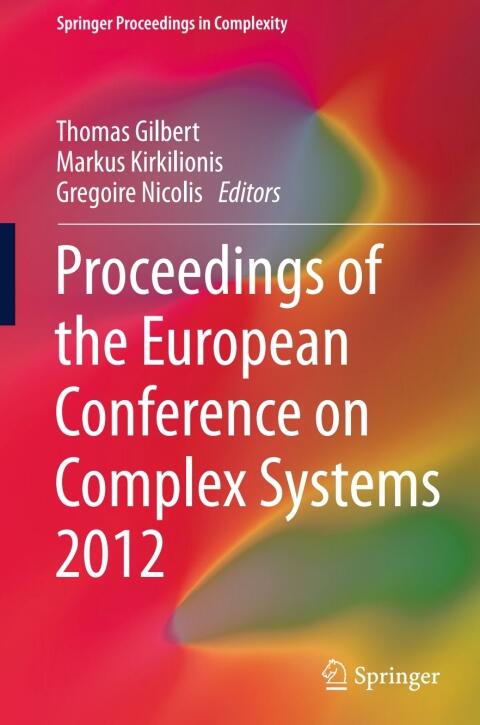
Reduktion von Simulationsmodellen zur simulationsbasierten Optimierung in der Terminund Kapazitatsplanung
还没有评分
Business & Economics
格式
平装书
页数
228
语言
德语
已发布
May 20, 2003
出版商
Peter Lang GmbH, Internationaler Verlag der Wissenschaften
版本
New
ISBN-10
3631509898
ISBN-13
9783631509890
描述
In the realm of operations management and scheduling, the quest for efficiency is paramount. Sven Völker delves into the intricacies of simulation-based optimization in capacity and scheduling planning. His work focuses on the challenges faced when dealing with complex simulations that can often be cumbersome and resource-intensive.
This exploration seeks to streamline these simulation models, making them more manageable and effective for decision-making purposes. By emphasizing the reduction of simulation model complexity, Völker aims to enhance the utility of simulations in real-world applications, thereby empowering practitioners to make more informed decisions without getting overwhelmed by data.
Readers can expect an engaging examination of various methodologies and techniques that can be employed to simplify simulation processes. The author draws on both theoretical foundations and practical case studies to illustrate the potential impacts of these reductions on efficiency and productivity in different operational contexts.
Ultimately, Völker's work offers valuable insights for both researchers and practitioners, advocating for a future where optimization can be achieved more seamlessly through refined simulation approaches in capacity and scheduling planning.
This exploration seeks to streamline these simulation models, making them more manageable and effective for decision-making purposes. By emphasizing the reduction of simulation model complexity, Völker aims to enhance the utility of simulations in real-world applications, thereby empowering practitioners to make more informed decisions without getting overwhelmed by data.
Readers can expect an engaging examination of various methodologies and techniques that can be employed to simplify simulation processes. The author draws on both theoretical foundations and practical case studies to illustrate the potential impacts of these reductions on efficiency and productivity in different operational contexts.
Ultimately, Völker's work offers valuable insights for both researchers and practitioners, advocating for a future where optimization can be achieved more seamlessly through refined simulation approaches in capacity and scheduling planning.



















